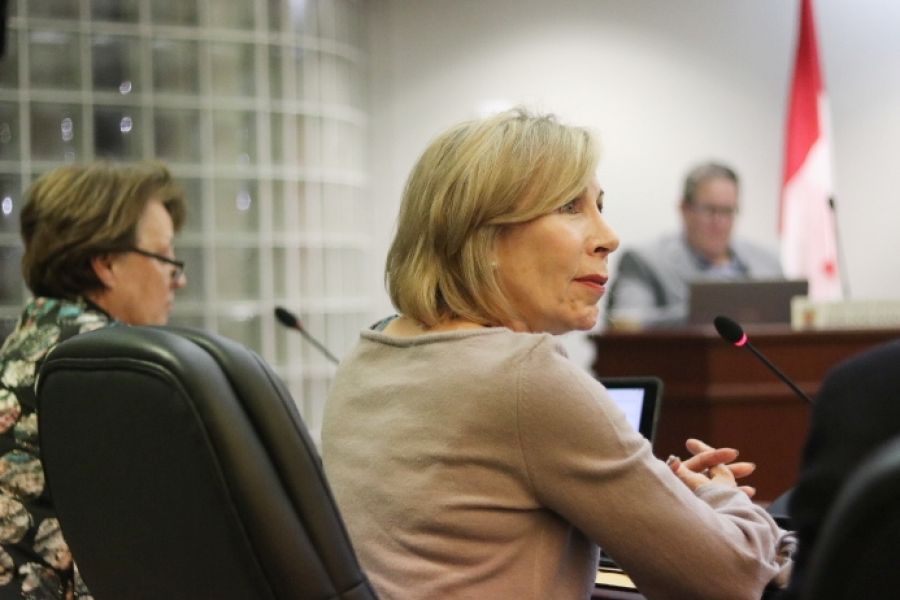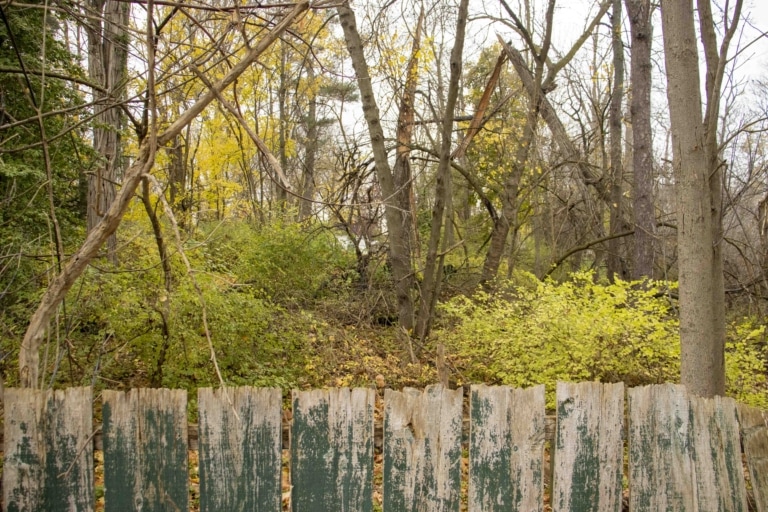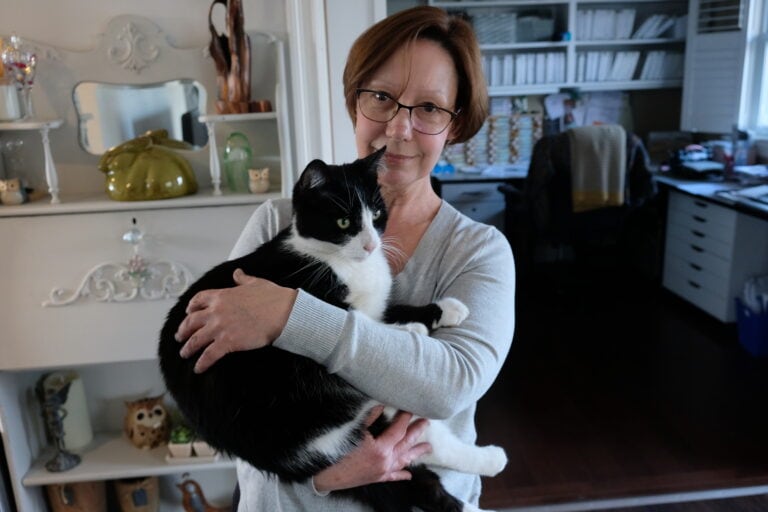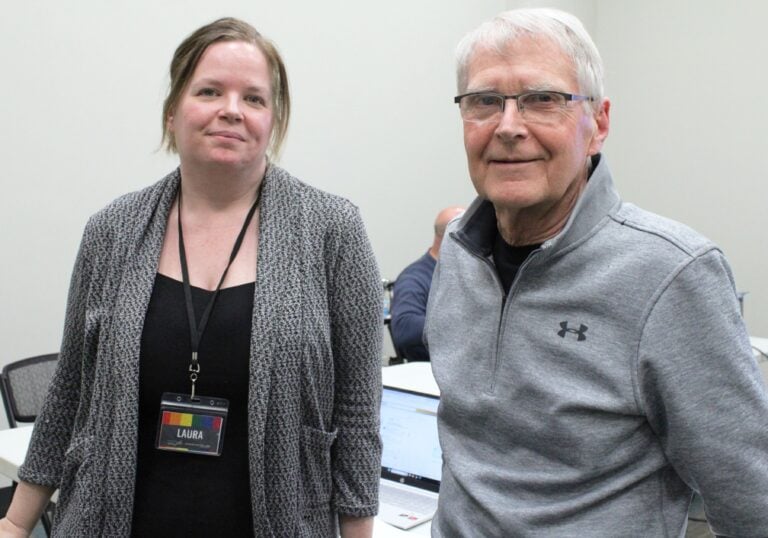Niagara-on-the-Lake councillors have approved in principle a plan to charge visitors a hotel tax.
In a 7 to 2 vote Monday, council’s committee of the whole approved the idea of levying a municipal accommodation tax of no more than four per cent.
Couns. Stuart McCormack and Wendy Cheropita voted against it.
If formally approved by council, the tax could be effective starting June 1.
Provincial legislation, which came into effect in December 2017, allows municipalities to levy a mandatory accommodation tax on hotels and short-term rentals and then share the tax revenue with a not-for-profit tourism agency.
The NOTL Chamber of Commerce is currently considered the town’s destination marketing organization, according to a staff report.
The previous town council considered implementing a tax but didn’t take any action.
In September 2019, council established a municipal accommodation committee comprised of accommodation and tourism industry leaders and two councillors, Allan Bisback and Norm Arsenault, to revisit the hotel tax idea.
“We spent considerable time scouring, trying to find out documented evidence of both pros and cons,” Bisback said. “I think because this tax is so new to the province of Ontario, we couldn’t find any direct evidence that said there’s a huge negative impact on implementing the tax.”
In their report, town staff listed 32 municipalities across Ontario, such as Niagara Falls, Toronto, Mississauga, Vaughan, Windsor, Cambridge, Barrie, London, Kingston, Orilla, Thunder Bay, Peterborough and others, that have approved or are in the process of implementing a hotel levy.
“We’re a town of 18,000 people that are now being asked to pay for almost three million tourists in terms of investments on capital, continued operating expenses,” Lord Mayor Betty Disero said Monday.
“But 18,000 people cannot afford long-term to continue to pay for infrastructure that’s necessary and the ongoing operating maintenance to provide for them.”
The accommodation committee has met three times and couldn’t come to a consensus as to whether the tax is the best way to enhance tourism marketing, according to the staff report. (Coun. Erwin Wiens was added to the accommodation committee during Monday’s meeting.)
“Tourism is a significant employment and economic driver in Niagara-on-the-Lake and reinvestment in its promotion and development is critical to continue to grow this sector,” town staff reported. “The (levy) would enable the town to be able to increase investment without any additional contribution from local taxpayers.”
The revenue from the tax must be spent on promoting and growing tourism. Among other things, that can include projects such as repairing bike, hiking and walking trails, adding and maintaining public spaces, washrooms and water fountains, improving sidewalks, repairing and resurfacing roads, providing funding for special events and for programs that preserve heritage assets.
The accommodation tax would be applied to transient accommodations such as bed and breakfast establishments, villas, country inns, hotels, cottage rentals and vacation apartments.
The revenue from the levy could vary each year, but based on an assumption of a 50 per cent occupancy rate and an average room rate of $175 per night, the revenue is predicted to be $2 million to $3 million annually before administrative fees and disbursements to a tourism organization.
“The 50 per cent rate is an estimate. We assume the occupancy rate is higher but with the mix of B&Bs, some may only operate on certain weekends,” said Kyle Freeborn, the town’s director of corporate services.
“This is just an estimate to represent a fair occupancy rate for those type of establishments,” he said. “The $175 appears to be an average in the area but we could see as low as $120 per night and high as $400.”
Arsenault told councillors the accommodation committee will work out all the details.
The majority of the accommodation committee members raised concerns about the tax, according to the staff report.
One of the concerns was being placed at a competitive disadvantage. If the tax goes ahead, staff recommended providing exemptions to larger corporate bookings.
NOTL doesn’t have an issue with marketing the area as a tourism destination, and the tax implementation may affect the provincial net funding provided to the town’s tourism promoter.
Another comment was that implementing the tax should be based on the needs of the tourism industry and not used as a “budget crutch” to solve “budget constraints.”
Some of the options proposed to council by staff included charging a flat rate, providing exemptions for short-term rentals and providing funds to a number of tourism entities, not just the chamber. Councillors could also review who will act as the destination marketing organization, staff reported.
McCormack said he’s not committed to approving the recommendations at this time as there are too many variables.
“I don’t like committing to something in principle without knowing what the substance of it is going to be,” he told councillors.
“To me, not knowing what the number is, not knowing how it’s going to be spent … (I’m) being concerned that it will be a (budget) crutch,” McCormack said, referring to the concern expressed by one accommodation committee member.
“And that crutch will be used to leverage down tax rates and we will become dependent upon it. Our foremost duty is to try to rein our expenses in before we start introducing new taxes.”
Cheropita said she’s not against or in favour of implementing the levy as she’s still open-minded to having a discussion on how “the industry can bear an additional tax.”











